Suggesting to schools about the program and how to organize teaching 2 sessions/day, Associate Professor, Dr. Chu Cam Tho - Head of the Department of Educational Evaluation Research, Vietnam Institute of Educational Sciences ( Ministry of Education and Training ) also contributed with the Ministry of Education and Training in developing a plan to organize teaching 2 sessions/day in junior high school and high school.
Consolidate and expand knowledge and develop skills
- For schools that organize 2 sessions/day, according to you, what teaching andeducational activities are appropriate for the 2nd session?
- Session 2 should be considered an important part of the comprehensive education program, creating conditions for students to develop a balanced knowledge, skills and qualities. However, the main functions and objectives should be different from session 1. Instead of continuing to impart knowledge, session 2 should focus on consolidating and expanding knowledge flexibly, developing soft skills, talents and creating opportunities for students to participate in creative experiential activities, learning according to their interests and strengths.
Some suitable activities can be organized for the second session such as tutoring, training for students who are having difficulty in some subjects, or who need to improve their knowledge. These classes should be organized in small groups, with close support from teachers to help them grasp knowledge and become more confident. Create space, guide students to study and research on their own under the supervision of teachers, and at the same time help students develop the ability to be independent and self-disciplined in learning.
It is also possible to organize academic clubs (math, science, literature, foreign languages...) so that students have the opportunity to exchange, learn from each other and develop their passion. Talent clubs such as music , painting, dance, martial arts, sports... help students discover and develop their hidden talents; train their flexibility, dexterity and team spirit.
Or organize talks and group activities on skills such as communication, teamwork, critical thinking, problem solving, time management, emergency response... These are extremely important skills to help students develop comprehensively.
Session 2 can also organize experiential and creative activities such as field trips, practical activities at museums, historical sites, businesses... Thereby, students have the opportunity to explore the world around them, connect theory with practice and stimulate creativity, while orienting their careers.
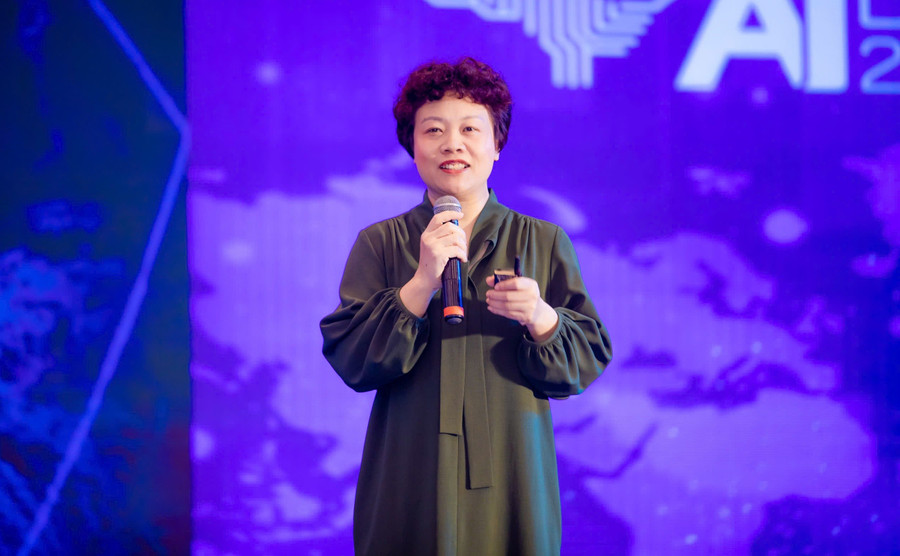
Don't consider the second session as a disguised extra class.
- With the policy of teaching 2 sessions/day effectively but ensuring no fees, how do schools need to change their thinking and approach?
- To effectively organize 2 sessions/day while still ensuring no fees are collected as directed by the General Secretary, schools need to strongly change their thinking and approach in many aspects.
Firstly, it is necessary to change the mindset about the goals and teaching content of session 2 as follows:
Do not consider the second session as a disguised extra class: We need to stop thinking about using the second session to re-teach or expand knowledge by cramming, causing unnecessary pressure on students and parents.
Focus on comprehensive development: Session 2 must aim to develop students' abilities, qualities, soft skills, talents and create opportunities for creative experiences. The content needs to be flexible, diverse, and meet the different needs and interests of students.
Integration and practical connection: Prioritize activities that integrate subjects, are closely linked to real life, and help students apply their knowledge creatively.
Second, it is necessary to change the organization and management methods, specifically:
Develop a systematic and scientific plan: The school needs to have a detailed and specific plan for activities, ensuring pedagogical quality, appropriateness to age and actual conditions. The plan needs to be built based on the participation of teachers, students and parents.
Assign and effectively use the teaching staff: There needs to be a reasonable mechanism for assigning teachers, ensuring that each teacher has a role and responsibility in organizing activities. Encourage teachers to innovate methods and be creative in designing activities.
Make the most of existing facilities: Review, arrange and effectively use classrooms, functional rooms, playgrounds, practice grounds... to serve diverse activities.
Promote the socialization of education in a substantial way: Mobilize participation and support in terms of resources (facilities, human resources, experience, etc.) from organizations, businesses, and individuals in the community to organize extracurricular activities and experiences for students. However, it is necessary to ensure transparency and not let socialization become a disguised form of fee collection.
Strengthening management and supervision: Education management levels need to strengthen inspection and supervision of the organization of teaching 2 sessions/day at schools, promptly correct deviations and ensure proper implementation of the directive on no fee collection.
However, in order to not charge fees for teaching the second session, the State needs to change its financial mechanism and resources. Accordingly, the State needs to have a suitable investment policy for organizing two sessions per day, including paying teachers' salaries, supporting facilities, teaching equipment and other operating costs.
In the expenditure structure, it is necessary to prioritize resources for activities that develop skills, talents, creative experiences... instead of focusing only on teaching additional knowledge. Ensure transparency in the management and use of financial resources, avoiding abuse or misuse.
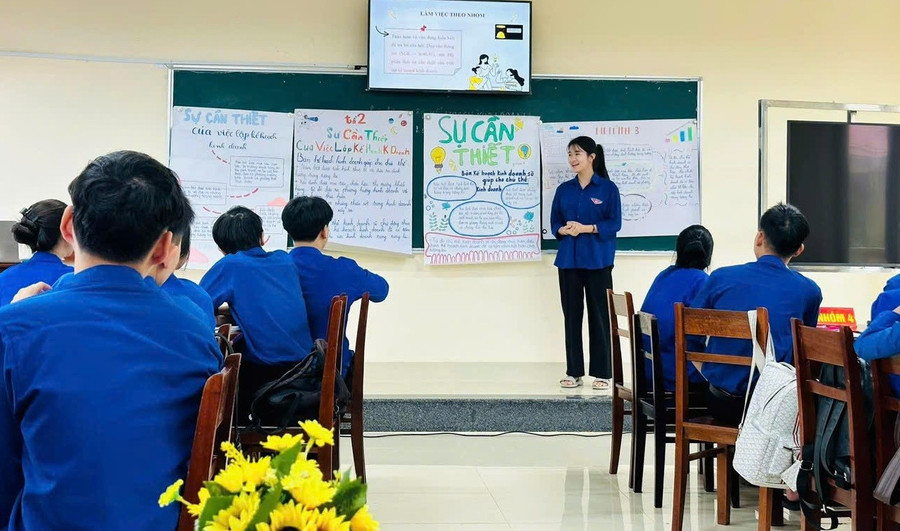
Design a reasonable and scientific educational program
- To effectively organize 2 sessions/day, it is necessary to design a reasonable and scientific educational program. Can you suggest schools to do this well?
- Designing a reasonable and scientific educational program is the key factor to organize effective teaching 2 sessions/day. To design such a program requires investment of time, effort and creativity of the whole school. Schools can refer to build the content of this program with some of my experiences as follows:
Clearly distinguish the objectives and content between session 1 and session 2. Session 1 focuses on basic knowledge. Accordingly, focus on imparting basic, core knowledge of the subjects in the program. Prioritize active teaching methods, promote students' initiative and creativity, and regularly assess to grasp students' level of knowledge absorption.
Session 2 focuses on developing capacity and skills, especially soft skills, talents, interests, strengths, and life values. In addition, it is necessary to focus on developing school programs, focusing on building integrated topics and interdisciplinary activities.
The program needs to design integrated learning topics between subjects so that students have a more comprehensive and in-depth view of a problem. Students need to learn through projects, experiences, personalization and differentiation. The program designs learning activities at different levels to suit each learner; there are timely support measures for those who have difficulty in learning, creating conditions for students to develop their own talents and strengths.
The school needs to survey the needs and interests of students; listen to the opinions of students and parents to develop appropriate activities. At the same time, foster and improve the capacity of the team; equip teachers with the necessary knowledge and skills to organize diverse and effective teaching activities in the second session.
In addition, schools also need to build a collaborative network with organizations and units inside and outside the school; take advantage of social resources to enrich experiential activities for students. Regularly evaluate and adjust the program. Specifically, monitor the effectiveness of the second session activities and make timely adjustments to improve the program.
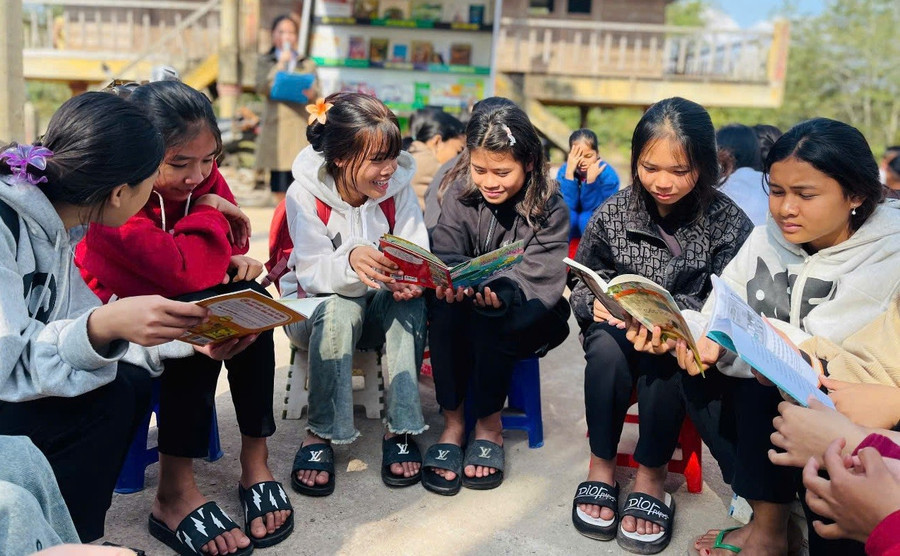
Clearly define goals and philosophy
- The Ministry of Education and Training is developing a plan to organize 2 sessions/day for junior high school and high school levels, starting from the 2025-2026 school year. What suggestions do you have for the Ministry of Education and Training in developing this plan?
- The Ministry of Education and Training has developed a plan to organize 2 sessions/day for secondary and high school levels from the 2025-2026 school year, demonstrating its concern for improving the quality of comprehensive education. With my experience, I would like to contribute some points to the Ministry of Education and Training in the process of developing this plan as follows:
We need to clearly define the goals and philosophy of organizing 2 sessions/day at junior high and high school levels; not simply increasing the study time. We need to clarify what the main goal of this is? Is it just to complete the program faster, or to focus on developing students' capacity, skills, and career orientation?
It is necessary to carefully study the development characteristics of middle and high school students to design the duration and content of activities scientifically, avoiding overload and unnecessary pressure. The plan needs to take into account the differences in facilities, teaching staff between regions, and types of schools (public, private, advantaged areas, disadvantaged areas...).
It is important to build a scientific and flexible framework for the 2-session/day educational program. Clearly define the content between session 1 and session 2 as discussed above; there is harmony between the time spent on compulsory subjects, elective subjects, extracurricular activities, clubs, and career guidance.
Encourage the development of topics and learning projects that integrate knowledge from many subjects, helping students better understand the application of knowledge in practice. Create opportunities for students to participate in experiments, practice, tours, picnics, social activities... to develop skills and practical understanding.
From junior high school, there should be career guidance and counseling activities to help students explore their interests, abilities and future career orientation. In high school, these activities should be enhanced in a more in-depth manner. The curriculum framework should be open so that schools can proactively develop educational plans suitable to their conditions and characteristics.
The Ministry of Education and Training and localities need to focus on training teachers. Teachers are equipped with knowledge and skills in organizing experiential activities, group activities, project-based learning, and competency-based assessment...
Encourage teachers to apply active teaching methods, promote students' initiative and creativity, and enhance learning projects and experiences. Secondary and high school teachers need to be equipped with knowledge and skills in psychological counseling and career guidance for students.
It is necessary to ensure that schools have enough classrooms, functional rooms, and teaching equipment to meet the requirements of organizing 2 sessions/day and diverse activities; there is a clear financial mechanism to support schools, especially schools in difficult areas, in implementing 2 sessions/day without causing a burden on parents.
Thank you, Professor!
The Ministry of Education and Training needs to have specific and clear guidelines on the objectives, content, methods, forms of organization, evaluation... for teaching 2 sessions/day. Education management levels should strengthen inspection and supervision of implementation in schools, promptly detect and correct errors. In addition, there should be a mechanism to collect feedback from schools, teachers, students, and parents during the implementation process to make appropriate and effective adjustments. - Associate Professor, Dr. Chu Cam Tho
Source: https://baolaocai.vn/day-hoc-2-buoingay-phan-dinh-ro-noi-dung-post402730.html










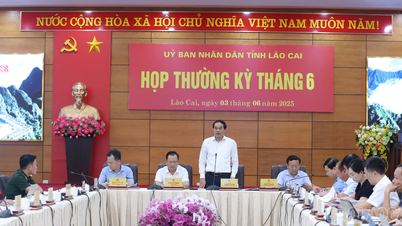
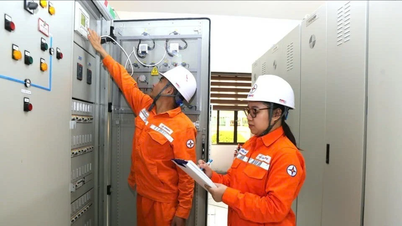
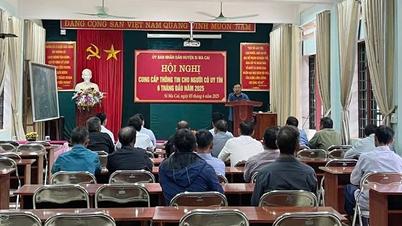
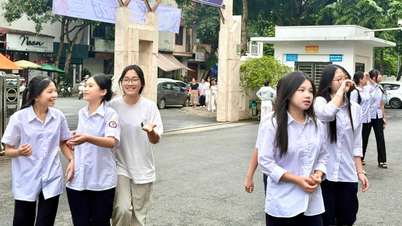
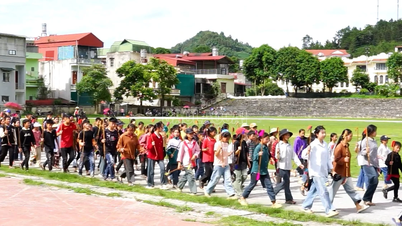




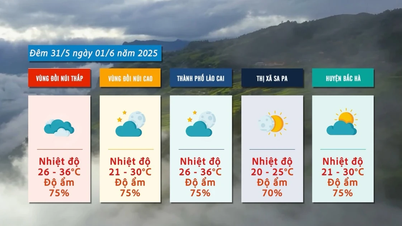
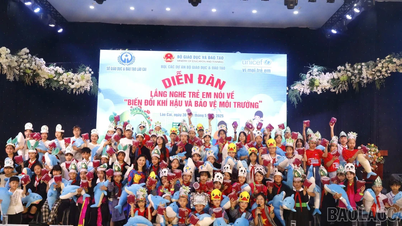
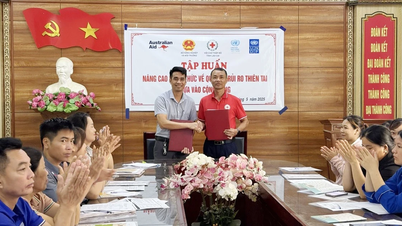






























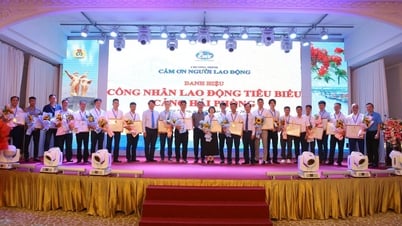
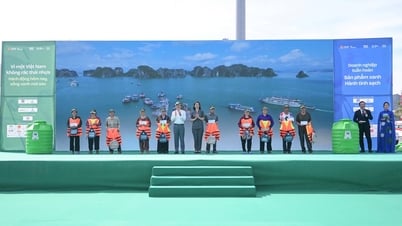



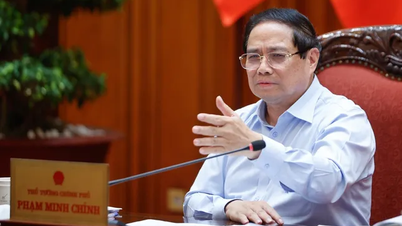




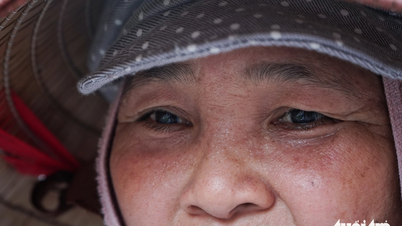

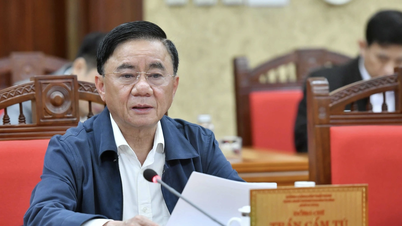



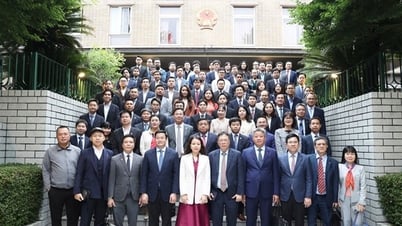

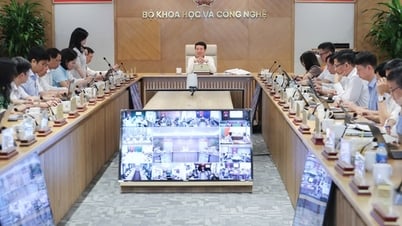
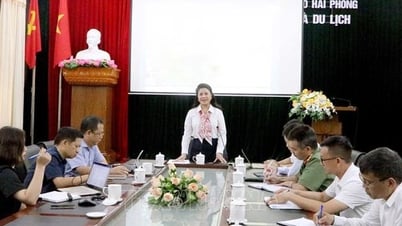



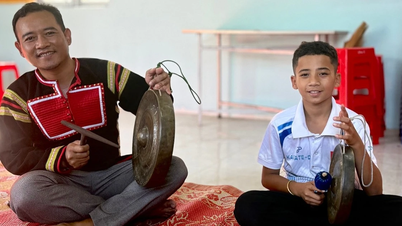





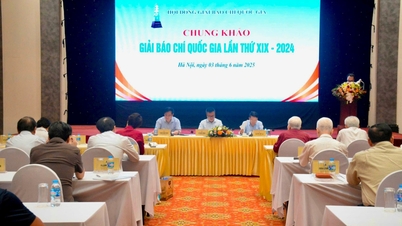

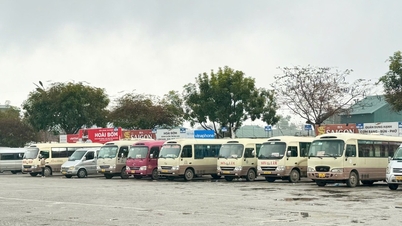
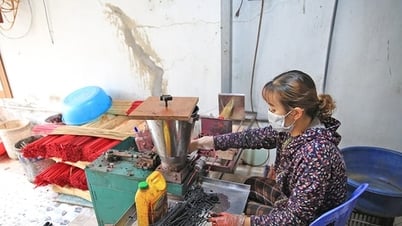









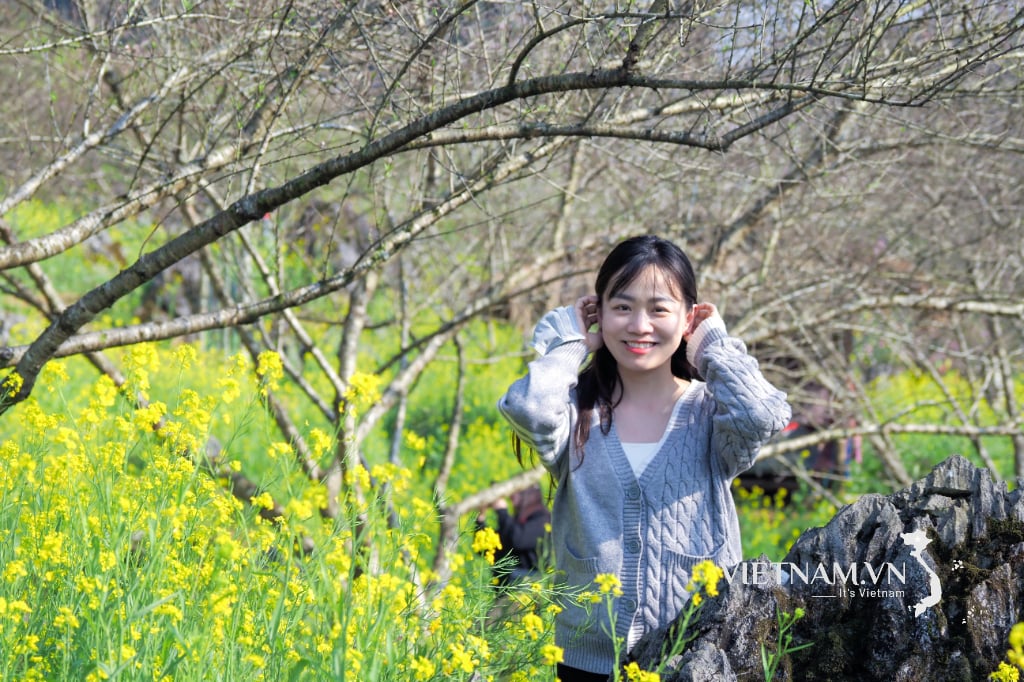


Comment (0)